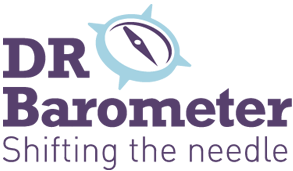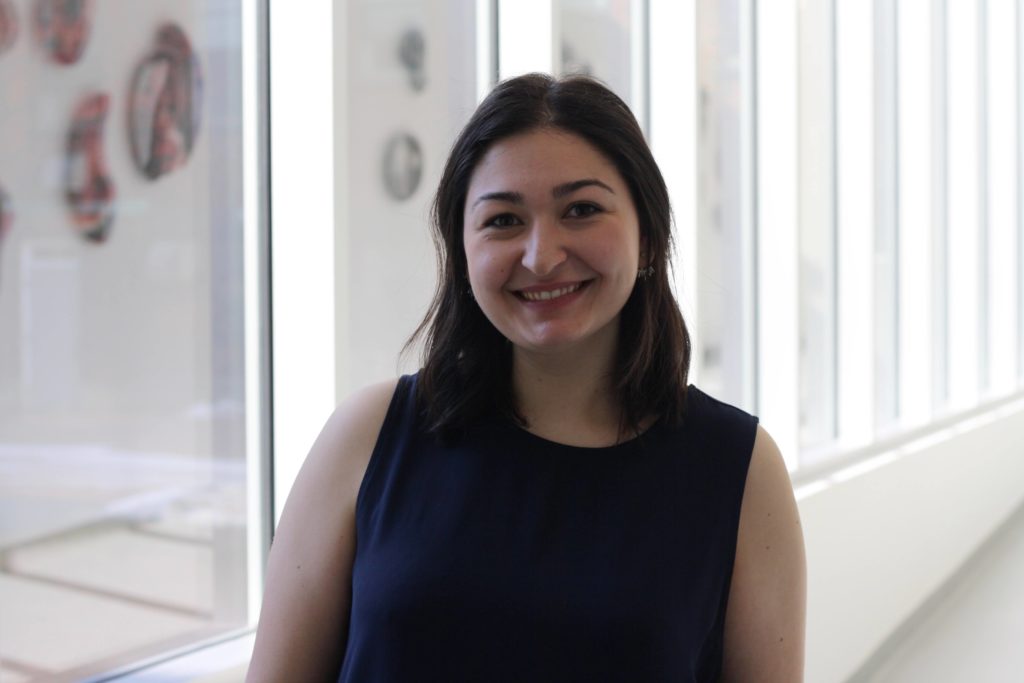Following the findings of the ground-breaking DR Barometer study, the DR Barometer program was born. Gaps were found in patient awareness and education, coordinated care, and treatment guidelines and protocols of diabetes-related vision complications.
Diabetes is a complex, multi-faceted disease that requires behavioural modification and support. Integrating care that positions the patient as the leader aligns with the recommendations and goals listed in both the UN Decade of Healthy Ageing as well as the World Report on Vision.
To combat the global epidemic of diabetes, it is necessary to understand the national status of prevention, treatment, and control in various countries. Sharing of best practices is key to optimising care.
In February 2021, the program launched the Country Spotlight Series to showcase the dedication and innovation of professionals working in the field and learn from experts at a country level in order to provide country-specific guidance.
Comprehensive numbers on diabetes prevalence, mortality, and risk factors whilst available, do not show the human aspect of care. The Series shines much-needed light on healthcare providers working tirelessly behind the scenes, the patients who live with diabetes every day, and the round-the-clock support provided by peer networks.
The Country Spotlight Series aims to bring together key stakeholders, and learn from best practices, and identify opportunities to improve care and thereby influence policy.
The first Country Spotlight features Turkey with Dr. Sehnaz Karadeniz, former Chair of the International Diabetes Federation European Region, Professor of Ophthalmology at Istanbul Bilim University, and ophthalmologist at Florence Nightingale Hospital.
“Diabetic retinopathy is one of the most feared complications of diabetes,” Dr. Karadeniz said. “This outbreak has shown us that we are not prepared for these emergencies. Especially during times of outbreaks, there should be hotlines where patients can acquire help 24 hours a day.”
Knowledge sharing and storytelling around disease management in an open discourse leads to positive changes in personal and community practices as well as in policy, thereby demonopolizing knowledge for the benefit of those who truly need it.
Videos of the series’ interviews are available here.


